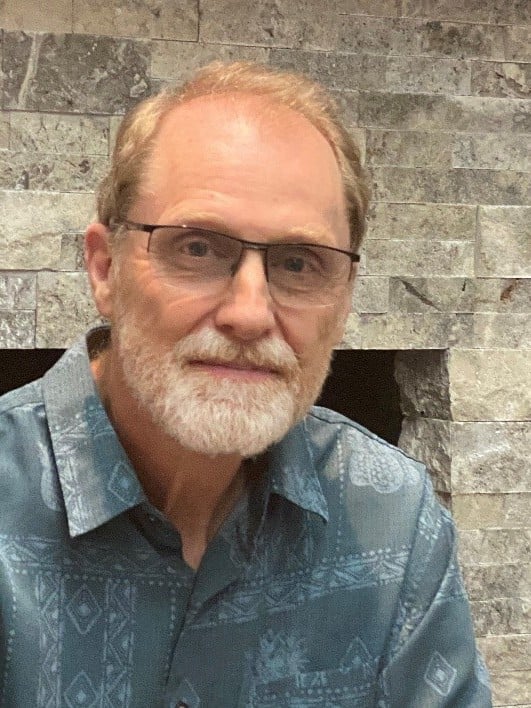The Single Most Important Thing You Can Do to Create Real Change
-the-single-most-important-thing-you-can-do-to-create-real-change-400.jpg)
 Change is a fascinating subject, and as a young psychologist, I thought I had all the answers. I had a model of ideal health in my head and techniques to get you there. The only trouble was, it didn't work!
Change is a fascinating subject, and as a young psychologist, I thought I had all the answers. I had a model of ideal health in my head and techniques to get you there. The only trouble was, it didn't work!
Did people change? Yes, but not in the ways that I expected them to. As I gained more professional and life experience, I came to realize that the most significant positive changes in people’s lives came when they achieved a greater understanding and acceptance of who they actually were.
In fact, the people whose lives improved most dramatically really weren't changing, in the way I had been led to think about change. They were letting go of layers of conditioning about who they had been told they should be.
Many of the negative symptoms that led people to seek me out in the first place – depression, anxiety, low self-esteem, failed relationships, unfulfilling careers and jobs – had arisen simply because they trying to live up to an image of who they were that was unrealistic. (Talk about an eye-opener!)
But even with this new understanding of change, I was still often stymied in my attempts both as a therapist and a coach to kick start this process. The vast majority of clients with whom I have worked have no problem at all recognizing the skills and behaviors that come most naturally to them. They usually have no difficulty identifying significant circumstances and people who influenced the images they carry of who they should be, versus who they really are. But despite this understanding – and often profound insight into how and where those false images of themselves came from – those images remain difficult for many people to let go.
To put it another way: even when a person gains a clear picture of who they are, how they naturally see the world, and where their innate skills and abilities lie, they often still struggle to claim, use, and celebrate these abilities.
This runs counter to what a lot of people believe – which is that once they gain an understanding of what their problem is, that problem will naturally change. That’s why we seek out so many different forms of information, from so many different sources. But in my experience as a psychologist and coach, insight alone isn't enough. We need to give ourselves permission to change.
I spend a lot of time as a coach helping clients to discover both who they are at core, versus who they think they have to be. We explore their natural skills and abilities, versus those skills they've acquired over the course of their lives but don’t necessarily come naturally to them.
But this kind of insight alone is not enough. Probably the most important thing I can do, as a coach, is to help people give themselves permission to develop their natural skills and talents to their highest ability. It’s the single most important step on the road to positive change.
Please share your thoughts on this topic in the comment section below.
Find out more about the services we have available to help you find the success you want and deserve!
© Vega Behavioral Consulting, Ltd., All Rights Reserved
About Dr. Gary M. Jordan, Ph.D.
Gary Jordan, Ph.D., has over 35 years of experience in clinical psychology, behavioral assessment, individual development, and coaching. He earned his doctorate in Clinical Psychology from the California School of Professional Psychology – Berkeley. He is co-creator of Perceptual Style Theory, a revolutionary psychological assessment system that teaches people how to unleash their deepest potentials for success. He’s a partner at Vega Behavioral Consulting, Ltd., a consulting firm that specializes in helping people discover their true skills and talents.
Additional information about Dr. Jordan